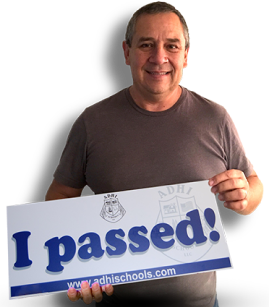Sharpen Your Real Estate Mind!
Think you've got a grasp of real estate? Test your knowledge of key real estate principles with our short 9-question quiz. See how well you understand the fundamentals!


| Your Score | : | /45 |
| Total Questions | : | |
| Right Answer | : | |
| Wrong Answer | : |


"Hey guys,
I took the exam today and passed!!!!
It only took me one try which was one of my goals. I took the online
classes and follow your suggestions so I took the crash course,
used the crash course app a lot, took 7 mock tests and went
confident to present the exam. Thank you for the great job you are
doing, you guys are awesome!!!! May God continue to bless you!"
Willie V.

